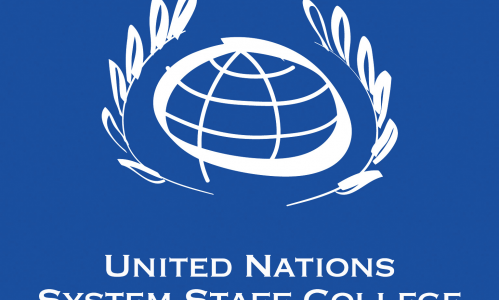Climate-sensitive Programming for Sustaining Peace
Climate change can be considered one of the greatest global threats to peace and security in the 21st century. While there is no direct causal link between climate change and conflict, there is growing evidence that climate-related risks could exacerbate conflict dynamics; converging with other shocks and pressures to threaten stability of states and societies. Climate change impacts inhibit peace by undermining human security and increasing the impact of other drivers of conflict and fragility. Where institutions and governments are unable to absorb or manage climate-related stresses, risk of instability will increase. This is why it is essential that sustaining peace interventions start from a comprehensive analysis of climate related risks and adopt an integrated framework, by ensuring conflict and climate sensitivity and integrating adaptation and peacebuilding approaches into environmental programming.
By combining analytical methodologies, webinars and tutored writing exercises, this course will boost the ability to analyse and adopt a climate-sensitive lens into peacebuilding programming, through a partnership between the think tank adelphi and UNSSC. The course will assist practitioners in identifying entry points (e.g. natural resources access and management, climate resilient livelihoods and peace positive climate related adaptations) and will provide guidance as to how to strengthen programming for social cohesion, inclusive governance systems and address exclusion and marginalization.
Upon successful completion of this programme, you will be able to:
Learn about different methodologies and techniques to analyse climate-related risks;
Learn to develop a robust theory of change for integrated programming;
Develop participatory conflict-sensitive methodologies and programmes, accounting for climate risks;
Measure integrated results across all dimensions of the programming cycle.
Lieu
Pour vous inscrire à ce cours, veuillez cliquer sur le bouton. S’inscrire maintenant
| Thèmes | |
| Langues | English |
| Évaluation | Final assignment |
| Public cible | |
| Méthodes | |
| Accréditation | |
| Certificat |
Si vous avez des questions sur ce cours, contactez-nous.
Pour envoyer un message, veuillez cliquer sur ce bouton Entrer en contact

